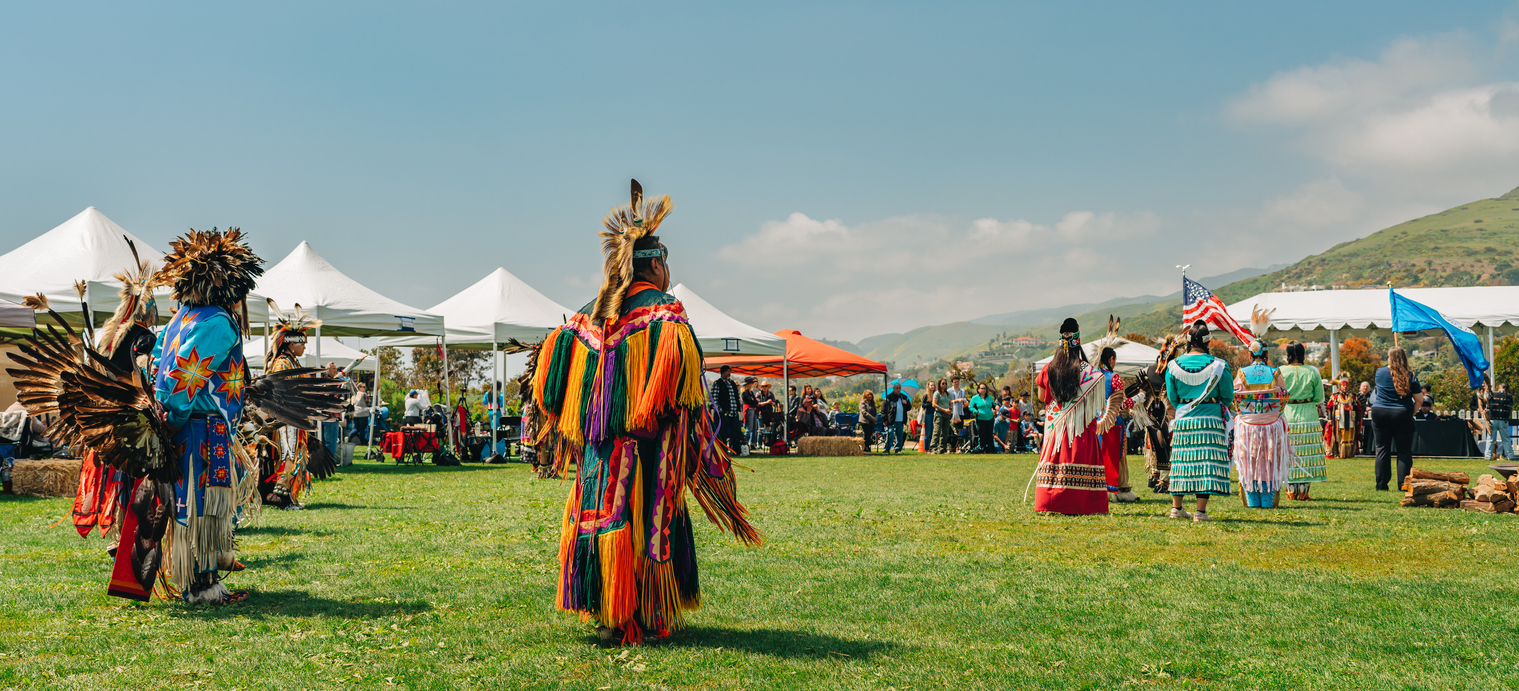| By Gale Staff |
President Joe Biden commemorated Indigenous Peoples’ Day, which is a day to honor America’s original inhabitants and the tribal nations, on October 11, 2021. This date doesn’t mark the first time the holiday was celebrated—just the first time a U.S. president formally recognized it. The genesis for a day that honors Indigenous Peoples goes back to 1977, at a United Nations conference. Since that time, various locales have observed Indigenous Peoples’ Day, which isn’t recognized as a federal holiday. Observed on the same day as Columbus Day, Indigenous Peoples’ Day serves as a counterpoint to that problematic holiday, which many feel celebrates the man who opened the door to the European colonization and genocide of Indigenous Peoples.
Ways to Celebrate
Indigenous Peoples’ Day will be observed this year on October 9. Areas with significant Indigenous cultural centers will celebrate in a variety of ways, including events such as exhibitions of Indigenous Peoples dances or sports such as stickball, panel discussions on topics of importance to Indigenous communities such as land and food sovereignty, and community gatherings that highlight Indigenous foods and art. If you don’t live in an area where you can access a cultural event, there are still ways you can honor Indigenous cultures. Here are some easy things you can do:
- Research the Indigenous Peoples who historically inhabited the land you live on.
- Visit a museum that includes Indigenous exhibits.
- Donate to an organization that supports Indigenous causes.
- Read a book by an Indigenous author.

Let Gale Help
Not sure where to start with that last one? Gale, a Cengage publisher, can help! Gale recently released several new topic pages for its Literature Resource Center that highlight the contributions of Indigenous authors past and present. Topic pages provide a guided approach to access hubs of content on a literary topic, work, or author. Each topic page includes an overview document and a “related to” section, along with peer-reviewed critical essays, biographies, and primary source content. New Indigenous-themed pages include:
Literary Topics
- Native American Literature
- Native North American Literature, Contemporary
- Native American Autobiography, Nineteenth-Century
- Native American Short Stories
Literary Works
- The 1900 autobiographical piece The School Days of an Indian Girl by Yankton Dakota Zitkála-Šá
- The 1969 Pulitzer-Prize-winning novel House Made of Dawn by Kiowa writer N. Scott Momaday
- The 1974 short story “The Red Convertible” by Louise Erdrich, who is a member of the Turtle Mountain Band of Chippewa Indians
- The 1977 novel Ceremony by Leslie Marmon Silko, of Laguna Pueblo descent
- The poem “Eagle Poem,” published in the 1990 poetry collection In Mad Love and War by Joy Harjo of the Muscogee (Creek) Nation
- The 2007 novel The Absolutely True Diary of a Part-Time Indian by Spokane tribal member Sherman Alexie
For example, if you access the topic page for Momaday’s Pulitzer-Prize-winning novel House Made of Dawn, you’ll find an overview of the book that includes a plot summary and characters, biographies of Momaday, 37 different critical essays on the work, and an interview with Momaday from the Journal of Ethnic Studies. There’s also a listing of related topic pages that can help you to explore.
Looking for More?
In addition to the new content for Literature Resource Center, Gale is publishing a volume on Indigenous writers of the long nineteenth century this December: Nineteenth-Century Literature Criticism, Vol. 443: Indigenous Voices in American Literature. The period begins with the works of Mohegan writer and preacher Samson Occom and Mohawk military and political leader Joseph Brant, both of whom wrote in the latter half of the eighteenth century, and it concludes with the works of Yankton Dakota writer, educator, and activist Zitkála-Šá, who primarily wrote in the first two decades of the twentieth century. Along with the rich critical commentary that’s a hallmark of Gale’s Literature Criticism program, this volume also gives readers access to primary sources, including:
- An excerpt from William Apess’s 1836 eulogy of Wampanoag sachem Metacomet, who was murdered at the end of what was known as King Philip’s War (1675–1676)
- An excerpt from the 1854 novel by Yellow Bird (aka John Rollin Ridge), The Life and Adventures of Joaquín Murieta, the Celebrated California Bandit
- An excerpt from the 1883 memoir of Sarah Winnemucca Hopkins, in which she describes Indigenous reluctance to befriend white settlers who were encroaching on Northern Paiute traditional homelands in what is now Nevada
- The closing chapter of Hawaii’s Story by Hawaii’s Queen, written by Queen Lili’uokalani
- Two poems by Black Indigenous writer Olivia Ward Bush-Banks from 1899
These selections only scratch the surface of Gale’s diverse literature content—and are just a few ideas for how to use Gale resources as part of an Indigenous Peoples’ Day celebration.



